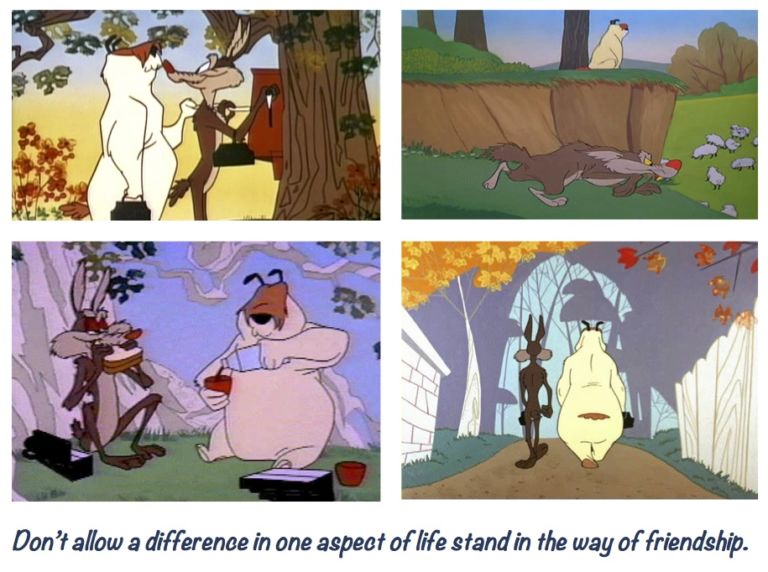“One of the basic principles of dialectics is that there is no such thing as abstract truth, and what is concrete, in which the second dominates the first, characterizes the materialist approach to knowledge and truth.” — V.I. Lenin
- “Hitler addressed that issue [the fakeness of The Protocols [of the Elders of Zion]] more than 60 years ago. Even if untrue, The Protocols is real, he wrote: ‘The important thing is that with positively terrifying certainty they reveal the nature and activity of the Jewish people and expose their inner contexts as well as their ultimate final aims.'” — Dallas Morning News, 6/1/05 (hat tip: Opinion Journal’s Best of the Web)
- “Ciertas mentiras hacen bien.” (Certain lies are good.) — Rigoberta Menchú
- “‘Fahrenheit 9/11’ is a tendentious, flawed movie, but it tells essential truths about leaders who exploited a national tragedy for political gain, and the ordinary Americans who paid the price.” — Paul Krugman, New York Times 7/2/04
- “Memos on Bush Are Fake But Accurate, Typist Says” — Headline, NYT, 9/15/04
- “They are addressing the mistake, and not the essence of the story. The essence of the story is that the United States has been rather indelicate, to put it mildly, in the way that they have treated prisoners of war [sic].” — Marvin Kalb, Harvard University, on the Bush administration’s reaction to the Newsweek retraction, NYT 5/18/05)
- “This is so overshadowing the bigger problem on campus, which is that the administration has turned its head regularly on hate speech and hate crimes.” — Claremont professor Kerri F. Dunn, complaining about reaction to her faking an on-campus hate crime on herself. (The faked hate crime is a popular way to get communities talking about essential truths that are fake but accurate.)
Additions made on June 1, 2008:
- “‘Death of a President,’ which stirred controversy in the days ahead of the festival, took home the Fipresci prize, which is chosen by international critics. The film, a fictional documentary showing the assassination of President Bush, was noted by the jury ‘for the audacity with which it distorts reality to reveal a larger truth.’ — Reuters report, Sept. 16, 2006
- “An organizer working in and for an open society is in an ideological dilemma. To begin with, he does not have a fixed truth ? truth to him is relative and changing; everything to him is relative and changing. He is a political relativist.” — Saul Alinsky, “Rules for Radicals,” 1971


